Glamour is Bipasha's strength: Madhur


Send us your feedback to audioarticles@vaarta.com


Not only does Madhur Bhandarkar have a way with women actors, his cinema seems to attract the very best.
Tabu won a National Award for her layered performance as dancing bar girl in "Chandni Bar", the film that helped the director carve a niche for himself.
Raveena Tandon came off a National Award (for Kalpana Lajmi's "Daman") to head the cast of his next film, "Satta".
Much the same was repeated in the case of Konkona Sen Sharma, winner of the best actress National Award for "Mr & Mrs Iyer". She had seen Bhandarkar's earlier films and was keen to work with him.
When he invited her over to Mumbai for a script narration for "Page 3", she replied that that wouldn't be necessary. Konkona was on board even before she read the script.
So what is a sex symbol like Bipasha Basu doing in his next film, "Corporate", which delves into boardroom politics?
"She's certainly in the film for her high glamour quotient," admits Bhandarkar. "She fits the role of an ambitious corporate employee like a glove. But it would be wrong to suggest that she might not measure up to the demands of a realistic film. I would not have cast her if she did not."
Thirty percent of "Corporate", the second part of a trilogy that began with "Page 3", is already in the cans.
"The film should be ready for release in the first half of next year," Bhandarkar declares.
Does the director have any special access to the corporate world?
"My writers and I researched for six months, talking to CEOs and presidents to get a handle on how big businesses work," says Bhandarkar.
Even as "Corporate" moves full steam ahead, Bhandarkar and his writing team are working on the script of the concluding part of the proposed trilogy, "Signal", a film that will delve into the lives of the beggars, newspaper boys and vendors.
First the hyperactive big city party circuit, then the corporate ladder and finally life around traffic signals - Bhandarkar hopes to traverse the entire gamut of society with commercial and critical success.
"These are worlds that exist outside the universe of the middle class, which constitutes the largest chunk of moviegoers in India," rationalizes Bhandarkar.
"Party animals and corporate honchos do not buy tickets to watch films and the poverty-stricken people whose lives revolve around traffic signals do not have the means to queue up outside ticket counters," he adds.
"But the existence of the above groups do touch middle class lives."
"Page 3" clicked because it was "essentially a human story" and "not merely an expose of a certain section of society".
So, just as the Page 3 circuit was seen through middle class eyes, the stories in both "Corporate" and "Signal" will project the viewpoint of the common man who buy tickets to watch films.
Follow us on Google News and stay updated with the latest!
-

Contact at support@indiaglitz.com




 Follow
Follow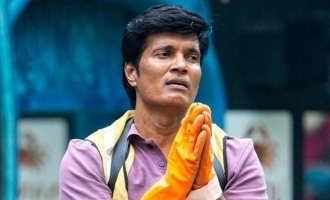
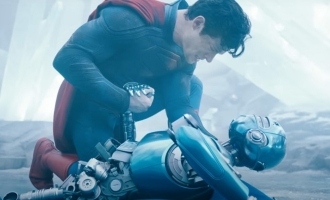

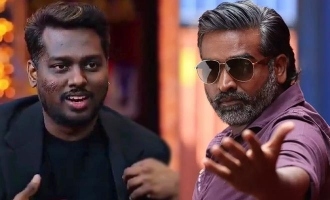
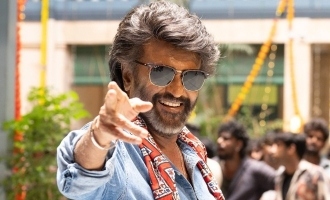

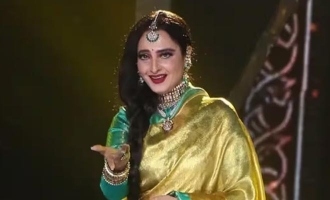

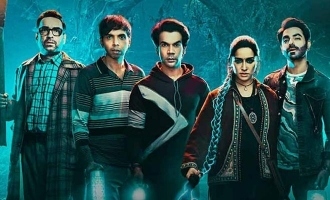

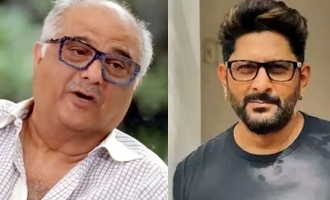
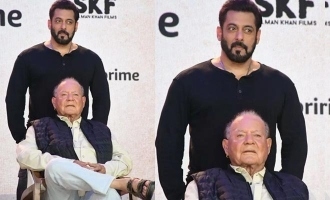
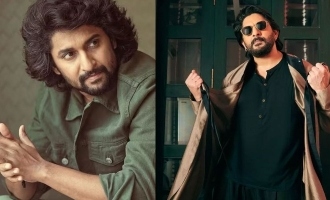
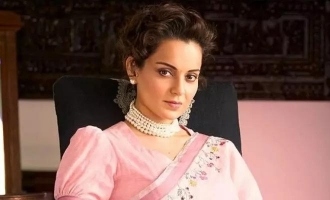


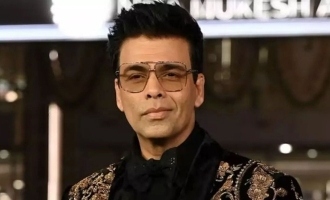



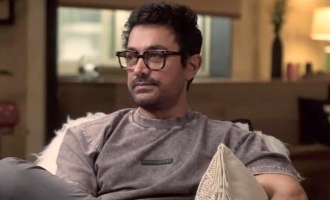

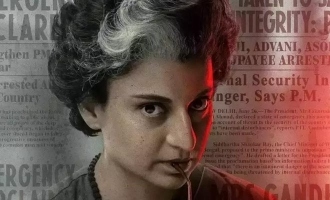
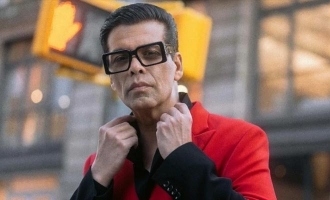

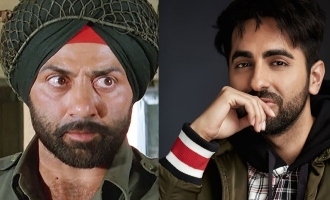

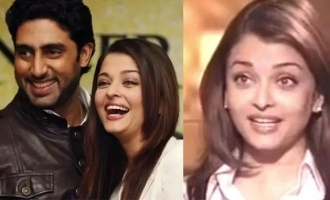
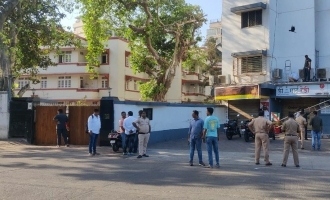
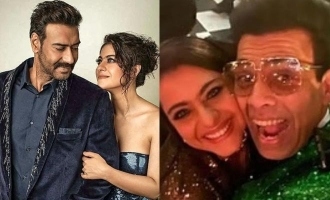
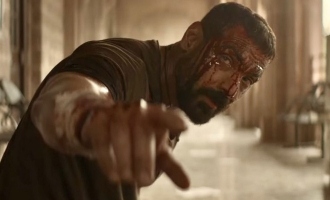
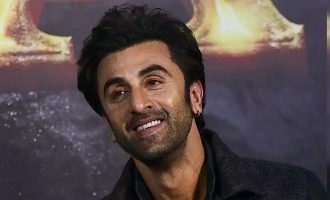
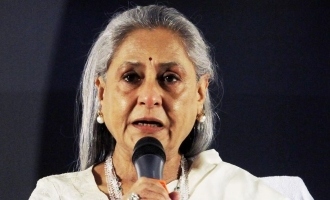

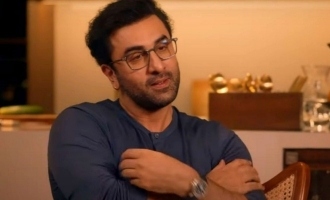

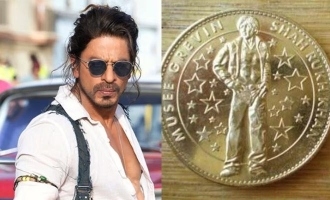




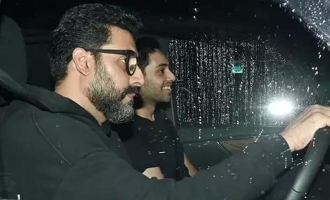

-7c2.jpg)




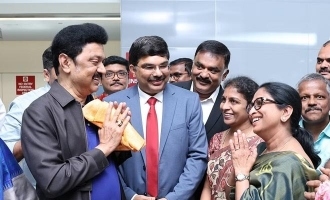














Comments